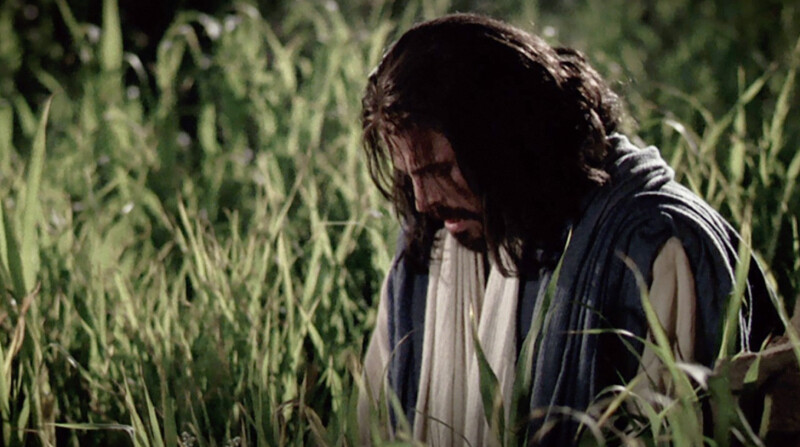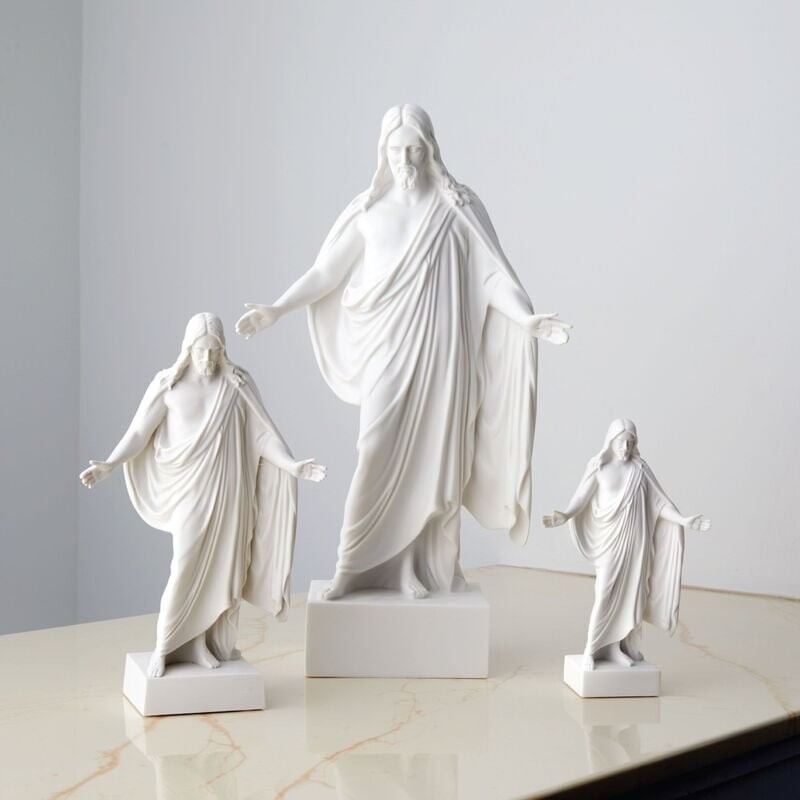In the Garden of Gethsemane, on the Mount of Olives, Jesus Christ began His Atonement for all humankind. It is here that His disciples nodded off to sleep as He alone “trembled because of pain, and [bled] at every pore, … [suffering] both body and spirit” (Doctrine and Covenants 19:18).
We cannot fully comprehend what Christ endured in the garden, but understanding the Hebrew definition of the word gethsemane can give us some insight into the intensity of Christ’s sacrifice. It can also remind us that, if we have eyes to see, there is replete evidence of God’s divine plan waiting to be discovered in scriptural symbolism.
Oil Press
Sunday on Monday host Tammy Uzelac Hall explains that “Gethsemane is made up of two Hebrew words: gath, meaning ‘press’ and shemen, meaning ‘oil.’” In essence, “gethsemane” means “oil press.” Producing olive oil in ancient Israel was an arduous process involving several steps and intense pressure. Elder D. Todd Christofferson described the technique in his October 2016 general conference talk:
“To produce olive oil in the Savior’s time, olives were first crushes by rolling a large stone over them. The resulting ‘mash’ was placed in soft, loosely woven baskets, which were piled one upon another. Their weight expressed the first and finest oil. Then added stress was applied by placing a large beam or log on top of the stacked baskets, producing more oil. Finally, to draw out the very last drops, the beam was weighted with stones on one end to create the maximum, crushing pressure. And yes, the oil is bloodred as it first flows out” (emphasis added).
Great Drops of Blood
On an episode of the Sunday on Monday podcast, Tammy and her guests discuss the unique nature of Luke’s garden account. Interestingly, Luke was a physician and perhaps had a knowledge of, or at least paid more attention to, the physical details of Christ’s last day. As such, Luke is the only gospel writer to mention that Jesus sweated blood.
Luke 22:44 reads, “And being in an agony he prayed more earnestly: and his sweat was as it were great drops of blood falling down to the ground.”
This detail adds to the gravity of Christ’s suffering. And modern scripture has confirmed that Christ did sweat actual drops of blood. In addition to Doctrine and Covenants 19:18, Mosiah 3:7 says, “for behold, blood cometh from every pore, so great shall be his anguish for the wickedness and the abominations of his people.”
Sweating blood is an actual condition now referred to as hematidrosis and has been documented to happen in cases of extreme physical or emotional stress. Like red oil being crushed from olives, Christ suffered until His skin literally bled. He experienced pain greater than we can ever imagine—the very weight of the world.
We Are Never Alone
Each Easter, we celebrate Christ’s Resurrection and His triumph over death. What incredible knowledge this is! When life threatens to crush us with poignant pain, we can remember that Christ, sweating blood, bore that pain in the garden. He took it upon Himself so we need never suffer alone.
In the words of President Jeffrey R. Holland:
“One of the great consolations of this Easter season is that because Jesus walked such a long, lonely path utterly alone, we do not have to do so. His solitary journey brought great company for our little version of that path—the merciful care of our Father in Heaven, the unfailing companionship of this Beloved Son, the consummate gift of the Holy Ghost, angels in heaven, family members on both sides of the veil, prophets and apostles, teachers, leaders, friends. All of these and more have been given as companions for our mortal journey because of the Atonement of Jesus Christ and the Restoration of His gospel.”
More articles for you:
▶ Pres. Holland on what ‘Eli, Eli, lama sabachthani?’ means in the Easter story
▶ Your prayers will be more meaningful if you do this first
▶ The scripture that was the ‘drumbeat’ of Patricia Holland’s motherhood
A reminder of Him
Sizes come in 19”, 12”, and 9”.
Also available in 3”, perfect for your Easter basket!


